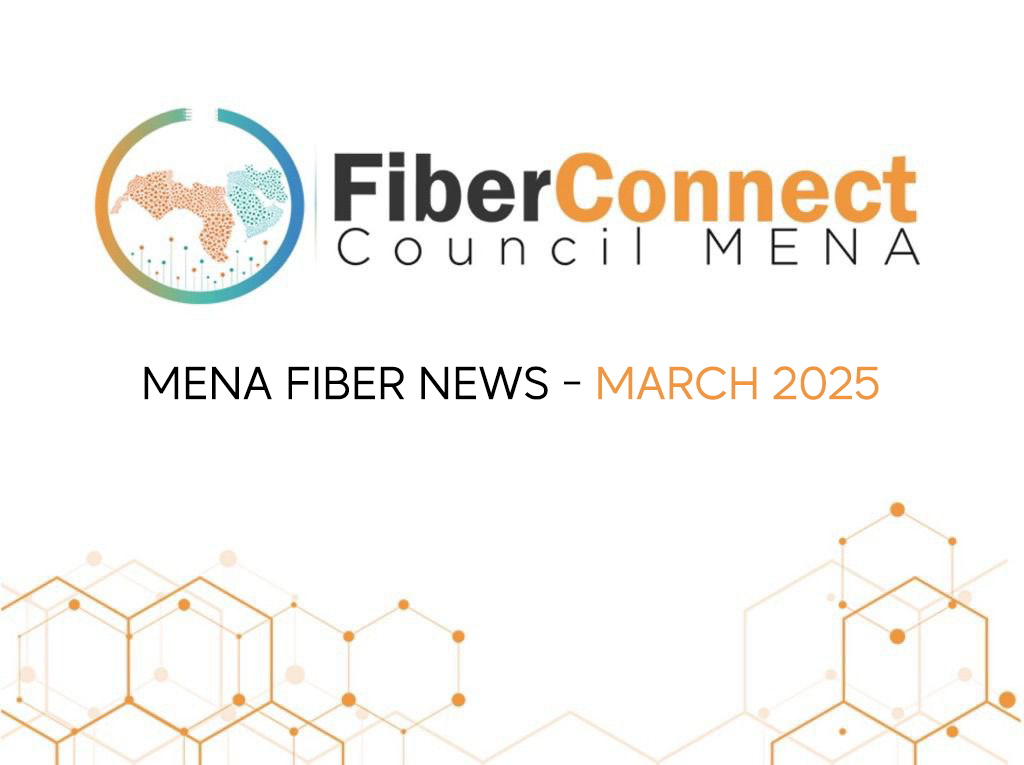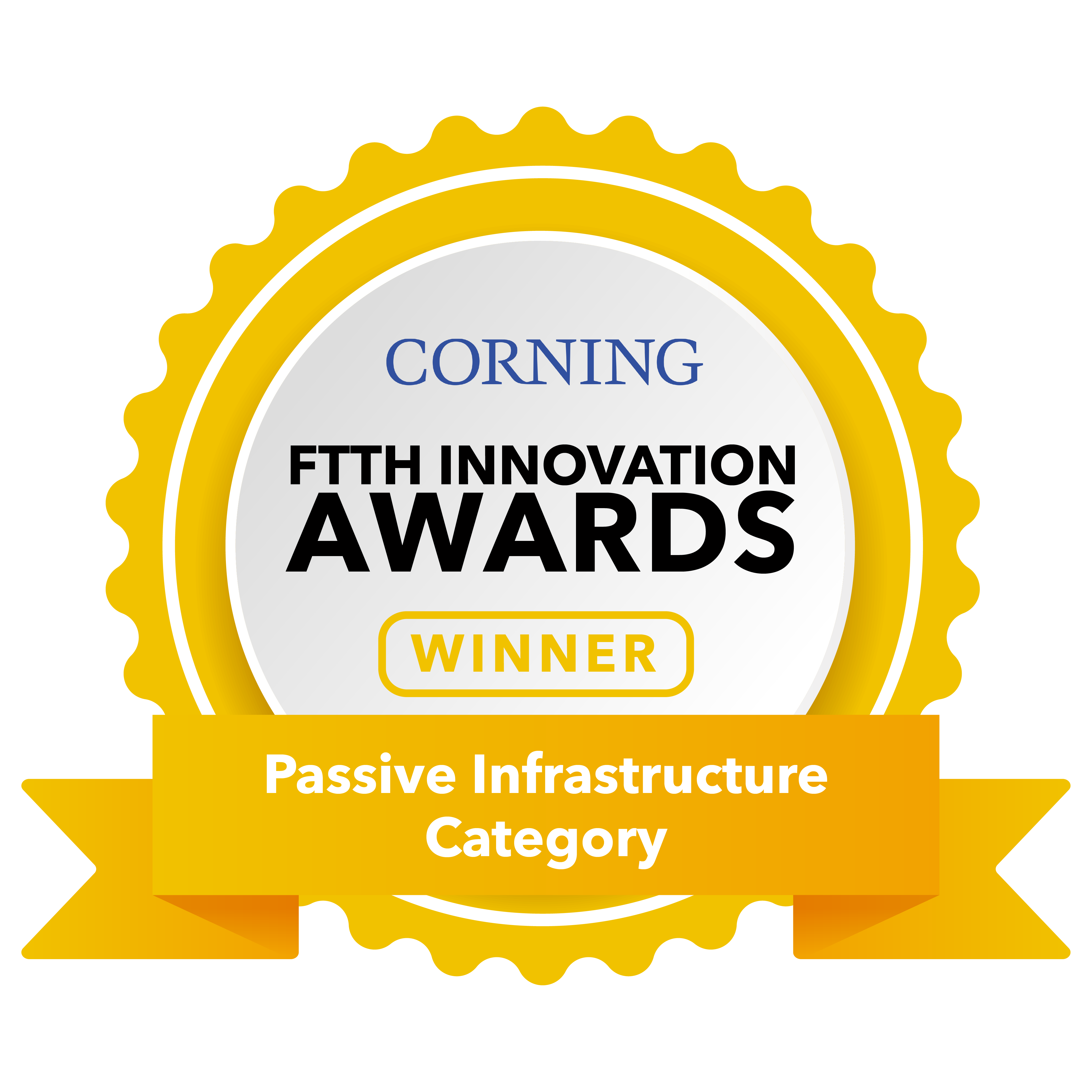AI is on everyone’s lips right now. One of the reasons it is enticing so many – and moreover, becoming a multi-trillion-dollar business – is that we do not know exactly how it will change our lives in the future. The future is still unwritten about how it will alter our relationships with work, with information, and with each other. And yet, the possibilities of it are so powerful that we cannot look away. Businesses in every sector are leaping at the opportunity to revolutionise every aspect of their work, and AI in recruitment is no exception.
While there has been a lot of fear and chatter about how AI is the great jobs killer, so far the trend is towards businesses finding ways to enhance and improve the work that their employees are doing. Taking away the drudgery appears to be the name of the game. If we can leverage AI to complete everyday tasks and speed up processes, then we give people the freedom to complete work that requires them to be human-led. Bringing AI into the workplace, particularly focusing on the recruitment sector, is not about replacing humans and taking their jobs, but about augmenting what humans are capable of achieving.
However we feel about AI in recruitment, it is clearly big business and here to stay. In fact, 85% of recruiters think that AI will be useful in some way and that it will supersede several parts of the recruitment and HR process. Whether or not the impact will be positive remains to be seen, but there’s no doubt the possibilities are intriguing. Here, I’ll cover some of the key questions on the topic.
How is AI being used in HR and recruitment?
Before looking at some more specific use cases, I’ll outline an overview of some of the key ways AI is being used in recruitment. There are several areas that are already benefiting from the power of AI; HR departments the world over are already harnessing the technology to make their lives easier.
Using AI in recruitment begins by helping recruiters understand what is needed. It can help craft a more thorough scope of work, detailing the steps and tasks required to achieve intended outcomes. AI can parse this information from similar jobs that have been completed elsewhere and build a composite picture that predicts what a job will need.
Using that scope of work outline, recruiters can find the right candidates based on each individual step. It can search through large talent databases and CVs to find the right candidate with just the right skills for each individual task.
It then offers the capability to craft coherent and comprehensive messages to new hires. It helps businesses be more attractive to the top talent who can afford to be picky when it comes to who they work for. AI can help hone that messaging to be more direct and speak to that candidate better by predicting their needs and concerns and addressing those directly in the initial communication. This can be done on a large scale with the help of AI in minutes. Of course, humans are still present in this process and still give the final go-ahead on messaging before it goes out.
Furthermore, AI in recruitment can be used to make analyses and keep track of engagement and recruitment rates. It can analyse the success of certain strategies and how they convert into new hires and offer advice when things are not going to plan. At the interview stage, AI is being used to generate more relevant and probing questions. It can predict responses particular candidates are likely to give and offer ways for the recruiter to anticipate that and be prepared with the right answer.
Undoubtedly, there are end-to-end applications for AI in recruitment. These use cases aren’t only confined to HR departments; the technology can also be exploited by potential employees themselves. Let’s take a look at some of the scenarios.
How does AI in recruitment predict hiring needs?
Before the recruitment drive begins, there’s the question as to who you need and when. The main way AI can be used to predict future hiring needs is through historical data. AI’s knowledge base is increasing daily, based on real-life experiences. These past experiences, mixed with predictions about the economy as well as trends in technology and politics, can inform how hiring needs may vary.
In the past, this work would have taken a team of experts months to complete. However, by harnessing the power of AI, these predictions can be made very quickly and with a high degree of accuracy. It has been reported that AI can predict with 95% accuracy when workers will quit certain jobs. We can apply that same logic to when projects will need certain people to keep the lights on.
How does AI help complete job descriptions?
Once needs are identified, it’s time to create the job pack. AI-powered recruitment speeds up what humans are capable of doing and improves the work in the meantime. In the case of job descriptions, it means HR departments and recruiters can fill them with more detail that is role-specific. Improvements in this area mean the right jobs go to the right people, with experts finding work that is more directly suited to their skills.
In today’s world of tech, it is not enough to just say that you know how to code. Now, experts need to be more specific with their particular subsets of skills as technologies gain wider usage. For example, an expert might be comfortable putting Kubernetes, but is their experience based in AWS, Google or Docker? Technical experts have not always been known for being able to communicate well. Therefore, these are details that many experts might not remember to put on their CVs and are an opportunity area for AI in recruitment. Here, AI can parse information found on the web to fill in the gaps.
More clearly defined job descriptions are a win-win. HR departments can fill roles more quickly, with more accuracy and better suited to the expert. For experts, it means they can find jobs more suited to their skills and their experience, building a specific portfolio. For talent platforms that connect these two parties, it means a greater and faster flow of talent into positions, increasing their success and visibility. Furthermore, recruiters do not always know how to best position people with tech backgrounds well, lacking the knowledge and terminology to advertise them as they should. The better the job description, the better the match.
How can experts use AI to polish their resumes?
These benefits are far from one-sided. Experts responding to these recruitment drives can perfect their resumes with tools like ChatGPT. It can offer a fresh perspective to the traditional form of writing CVs and make them stand out from the crowd. For casual users, it is free to sign up and very easy to use. Often, it can be helpful to use AI tools like ChatGPT just to get over the fear of the blank page.
There have also been cases where AI language models such as ChatGPT have suggested hidden skills that workers would often disregard. For instance, after working a gig, it would be easy to say something along the lines of “I helped streamline the backend of this app” but forget the soft skills this work might imply. An AI programme might scour the internet for similar roles and see how other people have advertised themselves. Using this information, it can suggest that in a backend role, you would have had to have managed relationships with frontend developers, project managers and others. It may also suggest other soft skills such as problem-solving, adaptability and critical thinking.
How can AI help effectively match candidates with projects?
One of the hottest subjects in project matching and interviewing is gamification. But what is AI gamification in hiring? In fact, game theory can be applied to almost any aspect of business life and it is a huge growth area. Its value is predicted to reach $40 billion by next year. In the world of recruitment, it can be attached to both sides of the coin; both experts looking for work and recruitment teams looking to bring new people on board.
Gamification means applying a competitive dimension to everyday tasks in order to achieve better results. When screening a potential hire, it can also mean testing a person’s reactions to certain situations that a stressful work environment might conjure. These kinds of tests can be applied universally but would need to go alongside other tests depending on the role. For instance, a coder would probably need to complete a coding test while a management consultant would require a more in-depth, qualitative round of interviewing.

Despite this foray into the world of video games, it still needs to be highlighted that any conversation about AI in recruitment must recall that behind any successful creations are humans asking the right prompts. Furthermore, behind every good quality profile, no matter how well augmented by AI, is a human that did the work being lauded. AI can be used to look through the work history of particular individuals on sites such as Github, where edited and developed code is stored in a repository.
There are things that AI cannot achieve, too. There are certain soft skills that can only be achieved by a human. AI can make excellent and precise suggestions for project matching and trawling the web for the right hire but the final decision will always come down to a human. The algorithm is able to perform the hard skills of the candidate searching and filtering but the interview stage will often still be given by humans. Soft skills will be hard for AI to replace.
How is AI automating and streamlining onboarding processes?
After having found the right candidate, and matching their skills to the right project or milestone, the key is to onboard experts correctly. One way that AI can take the legwork out of this is by verifying credentials, performing background checks and ensuring the legal issues are watertight.
Further to this verification of documents is ensuring the validity of references. Getting references is largely still done by human teams, but there are ways to schedule communication tools to make the initial contact. Often, finding references involves working with a community of experts who can attest to another member of their communities trustworthiness. This is work that would be possible without AI, but can now happen a lot faster.
How can AI tools help improve client management?
AI in recruitment can help in a number of ways with client management. Firstly, clients will want to be aware of many details throughout the process of the project and be keen to keep a grip on how their money is being spent. One way that AI can help is by tracking progress and productivity of the experts. It is important to note, though, that this is rarely performed as a kind of surveillance tool but as a way to back up workers’ progress and show clients that even if big-picture milestones have yet to be completed, there are other significant points of development.
A key part of managing relationships is through a Customer Success Manager. This is a role that relies heavily on soft skills and as such will not be taken over by AI in the foreseeable future. However, there are of course a myriad of ways that customer success roles can take advantage of AI models. Using productivity monitors, AI in recruitment makes it easy for client liaisons to collate data needed to prove how the project has moved along. In this case, AI can:
- Summarise progress made on a daily, weekly, and monthly basis.
- Create journals that automatically get delivered to clients at the end of each day, detailing what tickets and what code has been worked on and edited.
- Offer suggestions for staff development and opportunity areas.
- Facilitate human-to-human interaction with less of the drudgery found in data collection.
Another way that AI has helped client management is by scoping out the scale of the project. It can do this by automatically researching similar projects and finding out what those similar projects requirements were.
Stay ahead of the AI curve and get the talent you need
After having adopted AI processes at my talent platform, Torc, I have been struck by the importance of human interaction alongside AI behaviour. The technology is extremely powerful at making processes faster, more efficient and cost-effective. It frees my team up to do the hard work that humans are supposed to do, that which requires human sensitivity and other soft skills.
For now, it clearly makes business sense to keep the technology on side but the tendency to rely on the technology to do everything, particularly in its infancy and novelty, could represent a risk for a business that is still people-powered. The tide is turning, though. The risk that not getting on board with AI represents is too large to avoid.
We discussed these topics and more in this webinar where I was joined by Outvise CEO Eusebi Llensa and Rich Wilson from Gigged.Ai. We talk about how AI could revolutionise the recruiting process, from AI-driven recruiting to automating expert onboarding. Take a look at the recording here. Outvise, for example, were early starters with AI in recruitment, so it was a stimulating and insightful discussion.
Meanwhile, if you want to find out more about how Outvise deploys AI, book a consultation with one of the team. They can outline how they use their advanced algorithm to match experts with projects. Then, they can get you on the way to finding the ideal expert for your AI initiative.









